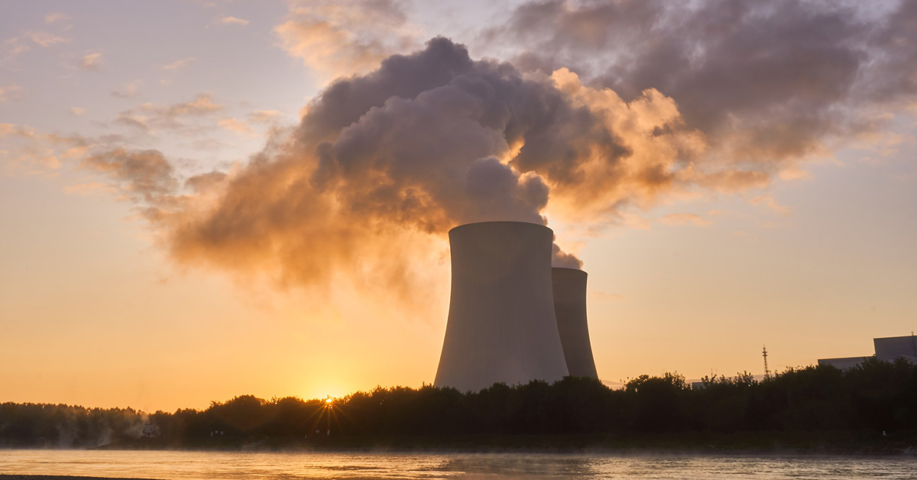Unceded and unsurrendered Wolastoqey/Mi’kmaq/Peskotomuhkati territory/Fredericton – The Conservation Council of New Brunswick’s Director of Climate Change and Energy Solutions, Dr. Louise Comeau, issued the following statement regarding the March 18, 2021 announcement by the Government of Canada that it will invest more than $56-million in a small modular nuclear reactor (SMR) research cluster in Saint John.
“More money is being invested in long-term speculative SMR research than is going to investments to cut greenhouse gas emissions today. For the money announced to date (more than $86-million from the current and past provincial governments and federal sources), New Brunswick could provide $3,000 rebates to get more than 28,000 electric vehicles on the road and $5,000 rebates to retrofit more than 17,000 homes.”
Given that each vehicle generates almost 5 tonnes of carbon dioxide per year and homes are responsible for about 5 tonnes per year for energy use alone, SMR government investments to date displace potential near-term reductions of more than 143,000 tonnes from vehicles and almost more than 21,000 tonnes from homes (assuming a retrofit cuts energy use by 25%).
“New Brunswick and NB Power appear to believe we can delay emissions reductions well into the future, and rely on speculative technology to do so. Neither are accurate assessments from either a political or scientific point of view,” says Comeau.
Canada will join President Biden for a Climate Summit April 22 where the President and other countries, including Canada, will announce more ambitious emissions reductions targets for 2030. Government commitments to 2030 must strengthen significantly to keep the world from exceeding the global carbon budget needed to keep the planet from dangerous warming exceeding 1.5 degrees Celsius. Canada needs to align with the U.S. in aiming for 60% reductions by 2030, the level considered a fair share for high-emitting countries.
“The next decade is critical to getting on track to a safe landing on climate change. Sadly, New Brunswick continues to act as if we are not living in a climate emergency,” says Comeau.
For more information or to arrange an interview, contact:
Jon MacNeill, Communications Director, Conservation Council of New Brunswick | jon.macneill@conservationcouncil.ca | 506-238-3539

